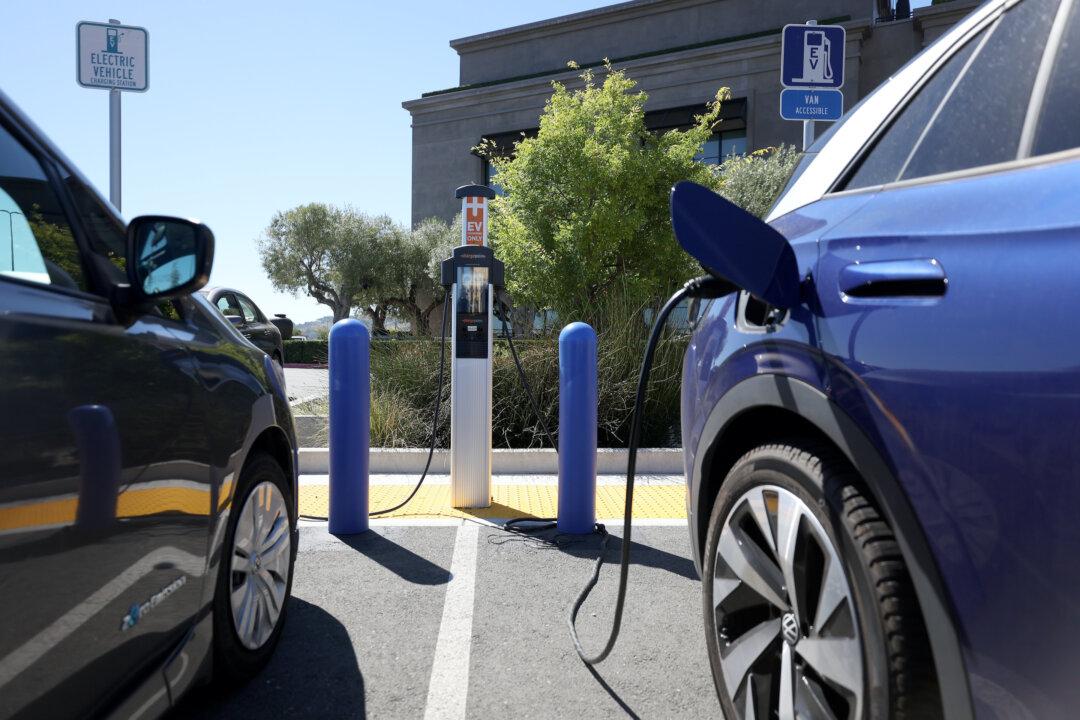Facing bipartisan opposition, Connecticut Governor Ned Lamont’s plan to require all new cars sold in his state to be “zero-emission” electric vehicles by 2035 has fallen apart.
The governor’s office conceded on Monday that it lacked the votes to advance the proposed EV mandate through the state Legislature’s Regulations Review Committee, which consists of an equal number of Republicans and Democrats.





